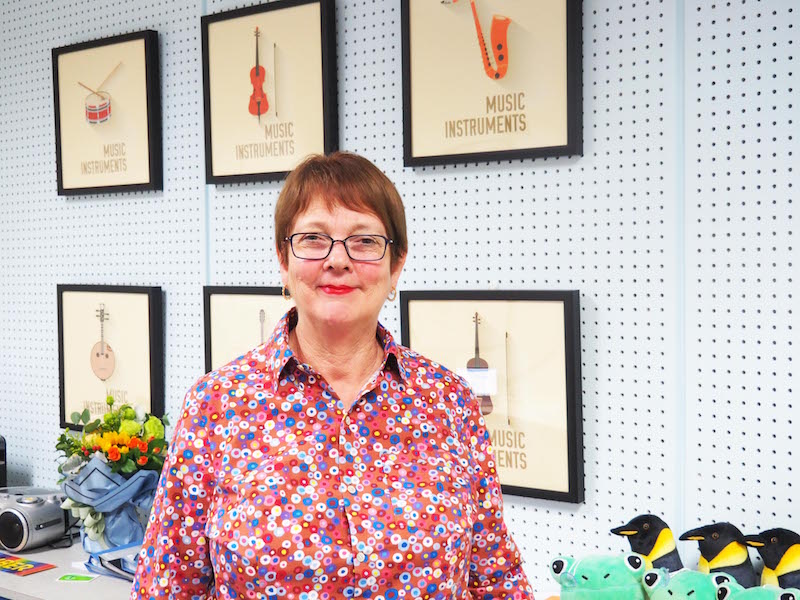Bringing project-based learning into the classroom
Posted on 29th Jan 2018 in School News, Learning Styles, China
Yew Chung International School of Beijing recently hosted a two-day conference for teachers titled, “Inquiry Through Project-Based Learning”. The workshop was offered through ACAMIS (Association of China and Mongolia International Schools) and was joined by teachers and administrators from other Yew Chung Foundation schools, as well as international schools around Beijing.
At YCIS Beijing, educators know that providing learning programs that incorporate good inquiry both engages students and provides opportunities for deeper and authentic learning – that is, learning that makes the connection between school and the outside world. Project-Based Learning (PBL) provides a framework that equips teachers with the tools, understanding and skills to design and implement such learning opportunities.
Below, Anne Dwyer (pictured), Professional Development Coordinator, James Sweeney, Year 3 Learning Community Team Leader, and Alana Martin, Years 6-8 Learning Community Leader, share more details about what they learned during the ACAMIS workshop, including the ways in which project-based learning helps students to develop soft skills.
Solving Real-World Problems
Project-based learning is a teaching method in which children, over a period of time, will work on one project to gain knowledge and increase their skills through it. Children’s projects will respond to an authentic, engaging and complex question, problem, or challenge.
It differs from a traditional approach in that the learning is cross-curricular and ongoing. If we were to think of a traditional approach to a subject, taking maths as an example, children would sit in maths class and learn the skills the curriculum dictates. They would then be asked to show their understanding of these skills by completing a task or test for the teacher to assess.
Project-based learning, however, revolves around responding to a real-world problem, where the children would gain skills in a variety of subjects in order to find a solution. The learning is very much on going, as is the assessment. Children show their learning throughout the journey rather than only at the end of a unit.
Developing Soft Skills
Problem-solving is key in order to be successful with project-based learning. Children also need to be excellent collaborators and speak with others in order to see how the problem they’ve identified has been tackled before. They need to be incredibly creative in order to find a solution to the problem. They also need to show great perseverance, as this will be the first “larger project” many of them have faced.
At YCIS Beijing we place a great emphasis on learning dispositions; they are a vital part of our programme. If we were to take collaboration as an example, it is clear to see how Project-Based Learning lends itself to the development of this disposition more than in a standard instructional approach. Children would need to work with those around them and communicate with outside experts to resolve the problem on which they are working. PBL requires them to work with members of the larger community in order to be more successful. It allows for deeper use of the skills with a wider audience. If we were to ‘just’ be learning maths we might have to work with a small group or a partner, but the subject wouldn’t allow for us to connect with others outside of the maths classroom.
Tips for Teachers: Implementing PBL
The first challenge we face as educators is creating a problem in which all children have an interest and in which they intrinsically want to do well. However, we can overcome this by working with the local community and the children themselves in order to understand what problem they could solve best.
We also need to ensure the projects have the right balance. Academic competency in reading, writing and maths are just as critical as collaboration and creativity, and it’s important to strive for excellence in each.
Teachers collaborate to ensure we achieve this. At YCIS Beijing, activities such as Teapot Time and Sharing Our Practice allow teachers the opportunity to brainstorm together and share ideas. Through this communal approach, teachers undergo continuous professional development, which, most importantly, leads to better learning outcomes for students.